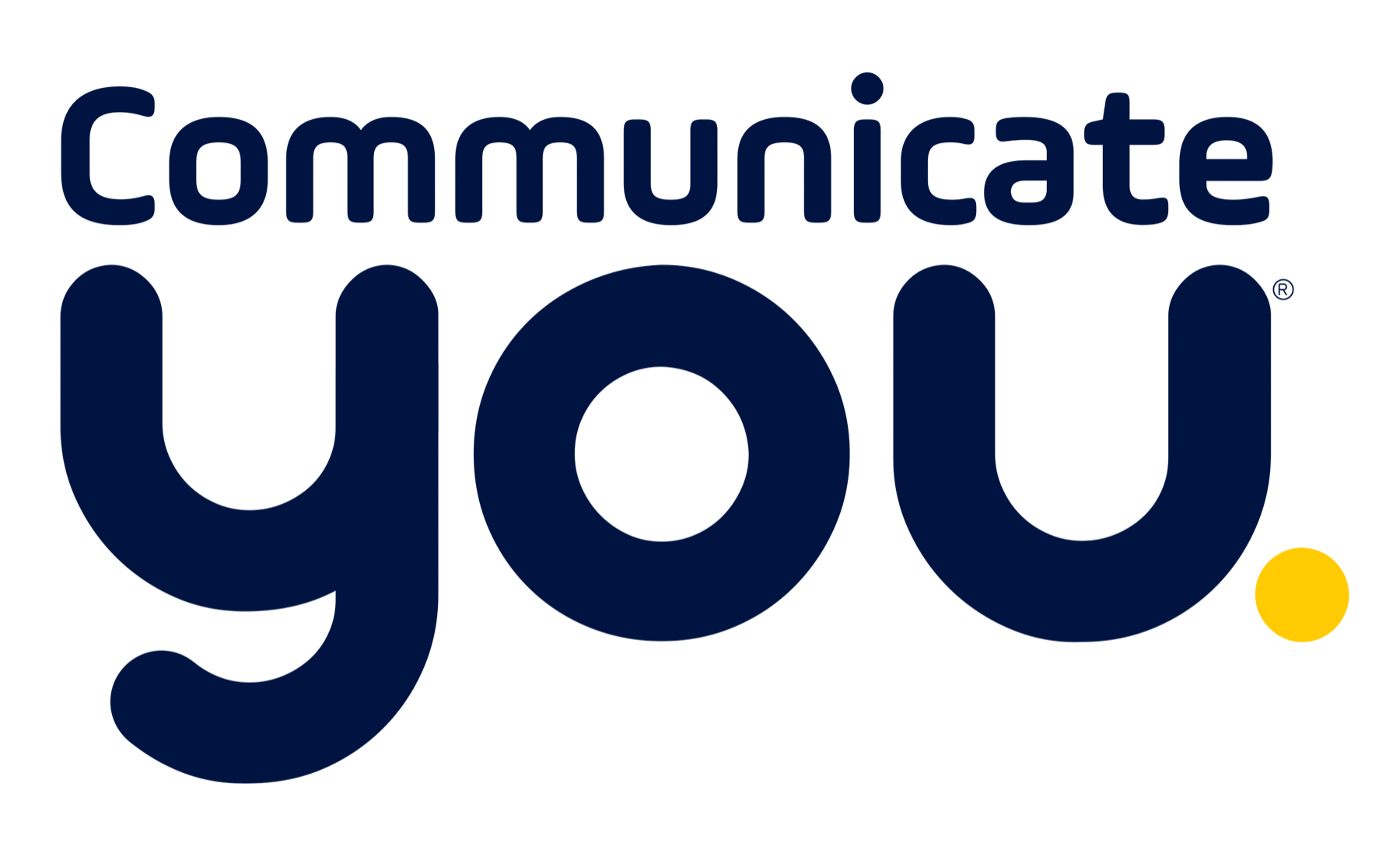apply now
Frequently Asked Questions
Why do you say that only learning English is not enough to communicate appropriately in an international setting?
I say it for two reasons: First-hand experience working and living abroad and 12+ years of experience working in the ESL/EFL industry.
Despite my knowledge of the language, I could only become confident and objective in communicating in English internationally once I worked on developing my cultural intelligence quotient.
From then on, my message became clear, and at the same time, my ability to work and relate across cultures was enhanced.
What is cultural intelligence, and why do I have to develop it if I only want to learn English?
Professors Christopher Earley and Soon Ang (2003) define cultural intelligence as the ability to adapt to new cultural settings. It’s deeply rooted in research and provides a model divided into capabilities to enhance CQ in individuals.
It’s not about memorizing everything about all cultures in the world and spewing it onto people whenever working cross-culturally; instead, It’s about developing a set of skills that allows people to enter international settings confidently as they can adapt and thrive promptly.
It passes through acknowledging your cultural background, how it interferes in relating with people from different cultures and what you can do to ground your actions in a place that allows accommodation for other people’s cultures.
Allying your language skills to cultural intelligence skills will make you a powerful international communicator. As English is the tool that enables international communication, cultural intelligence becomes a crucial skill for non-native English speakers venturing abroad.
Can I not work on developing my cultural intelligence skills on my own?
You certainly could, but as Livermore (2011) stated, developing cultural intelligence demands conscious effort. Meaning involves trial and error and subsequent reflection. Working with guidance is working smarter.
Besides, developing and learning cultural and language capabilities simultaneously can save time, effort and money.
How would I know the best program option for me?
How do I know my English level?
You can take Communicate You© Level Placement Test (coming soon), but any level placement test can tell you what your current language level is.
Do you have programs for beginners (A1, A2)?
Not at this moment. At the Beginners Level (A1 and A2 in the CEFR scale), there is still the need to build on the language skills first. Only when reaching the Independent User Level (B1* and B2), where considerable language knowledge already exists, can we work on expanding the language’s communication capabilities by adding cultural intelligence to the mix.
You can follow this link at the Council of Europe for more information about English language levels: https://www.coe.int/en/web/common-european-framework-reference-languages/table-1-cefr-3.3-common-reference-levels-global-scale
* B1-level speakers might need to be assessed individually through video calls.
How long do the programs take?
BLIS© for Intermediate Level - 6 months, three weekly group sessions.
BLIS© for Advanced Level - 6 months, three weekly group sessions.
TICP© for Proficient Level - 3 months, nine 1:1 sessions*.
* In the TICP© program, the space between some sessions is two weeks to provide time for the client to apply the strategies and return for guidance and mentoring.
